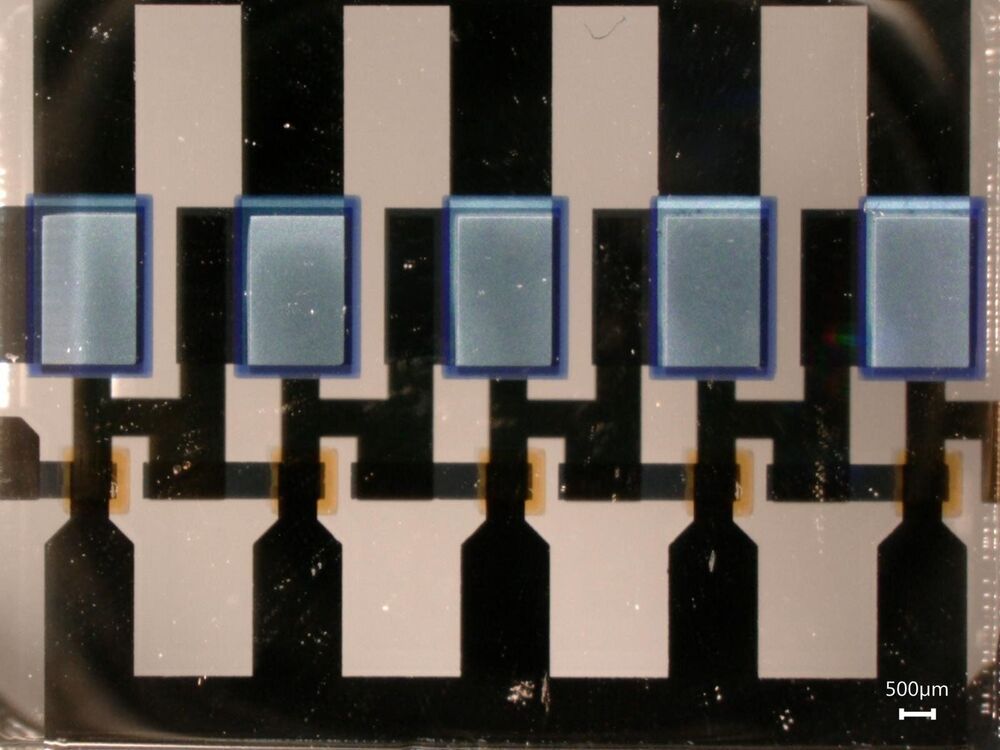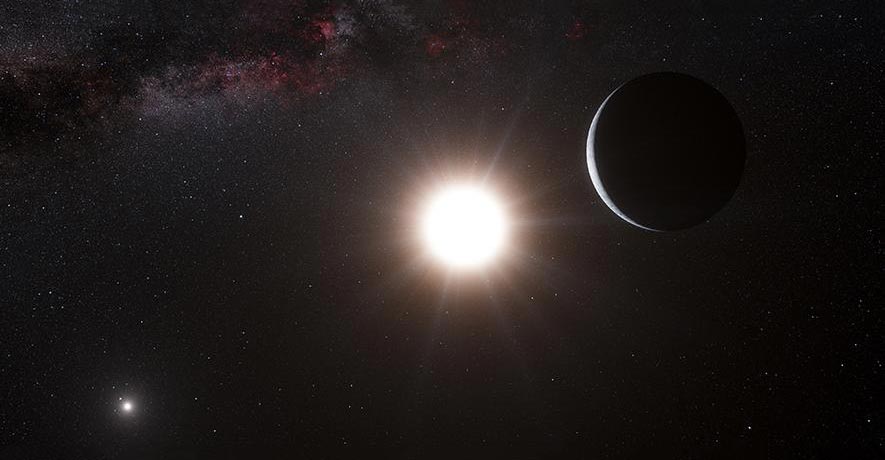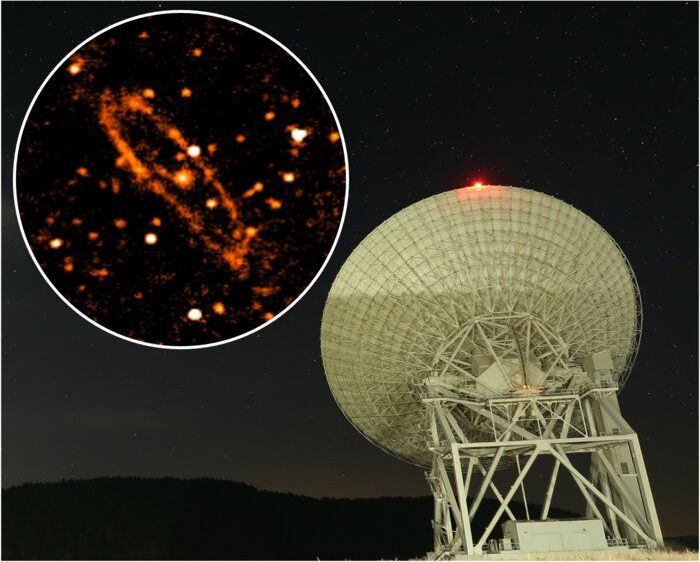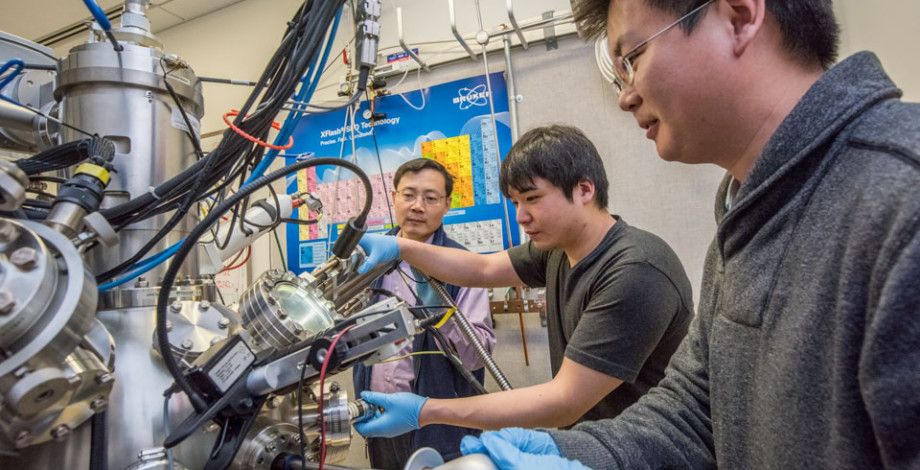According to theory, if you smash two photons together hard enough, you can generate matter: an electron-positron pair, the conversion of light to mass as per Einstein’s theory of special relativity.
It’s called the Breit-Wheeler process, first laid out by Gregory Breit and John A. Wheeler in 1,934 and we have very good reason to believe it would work.
But direct observation of the pure phenomenon involving just two photons has remained elusive, mainly because the photons need to be extremely energetic (i.e. gamma rays) and we don’t have the technology yet to build a gamma-ray laser.








